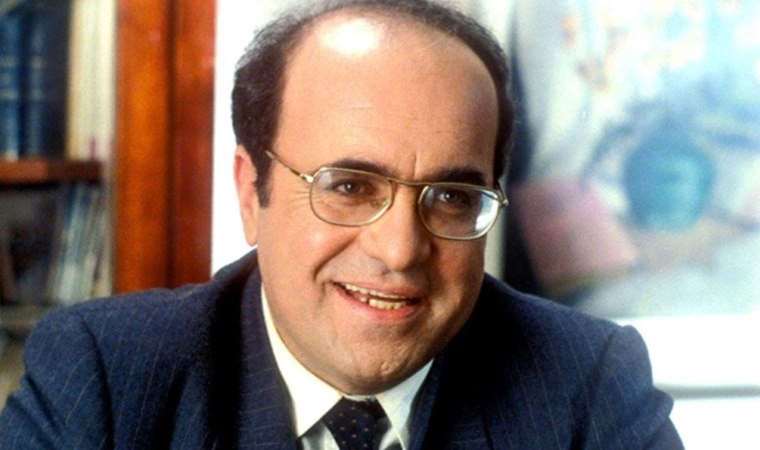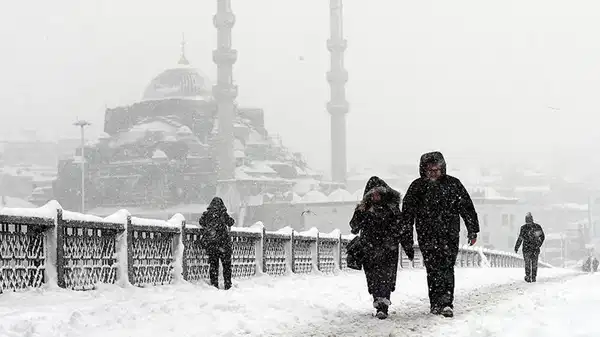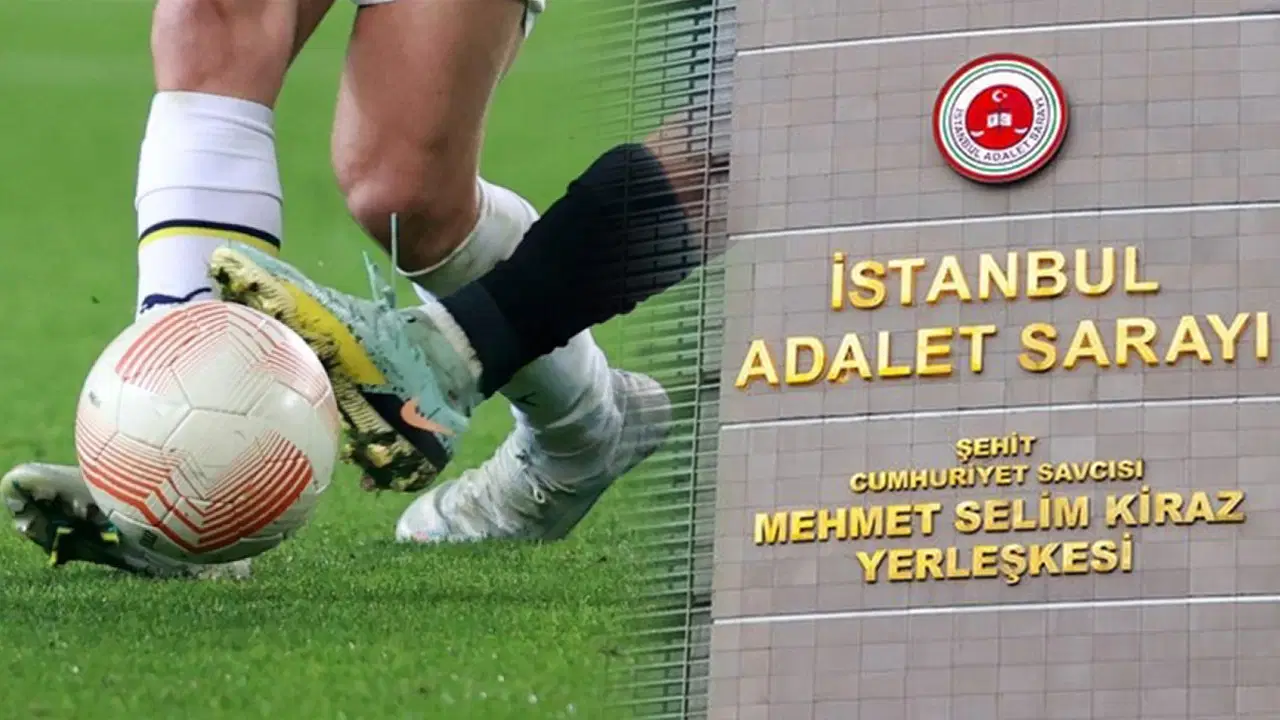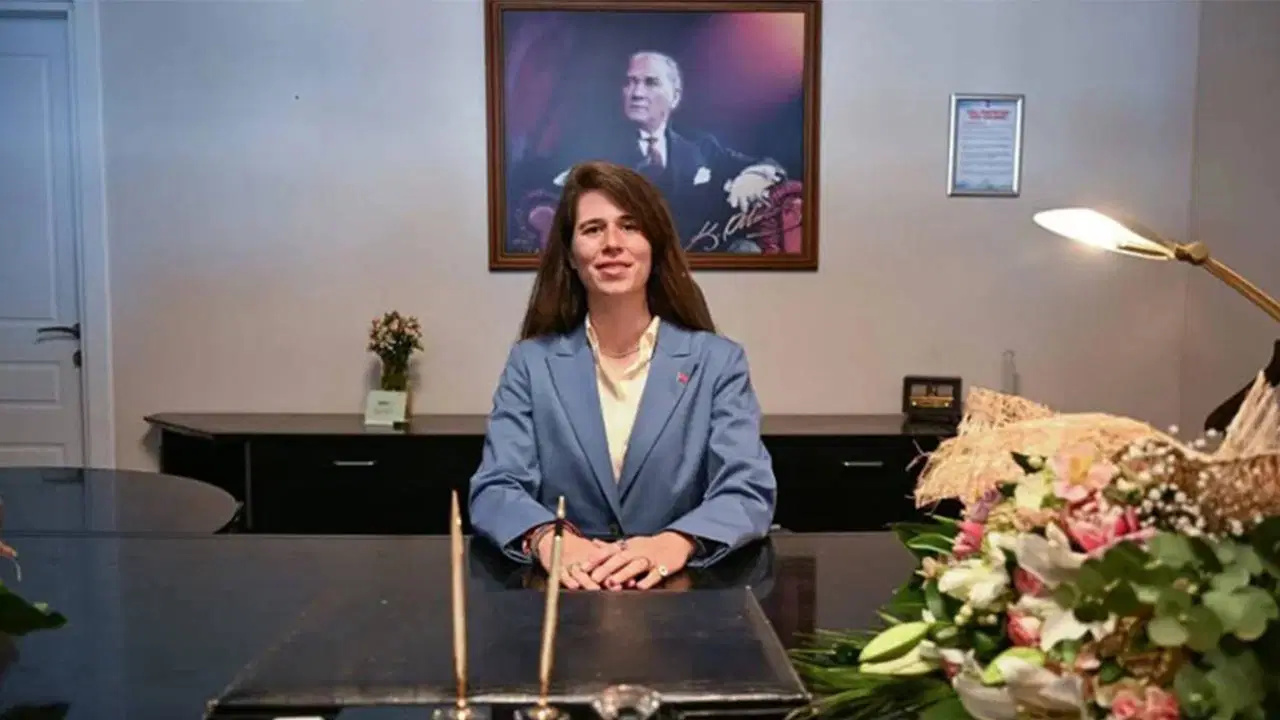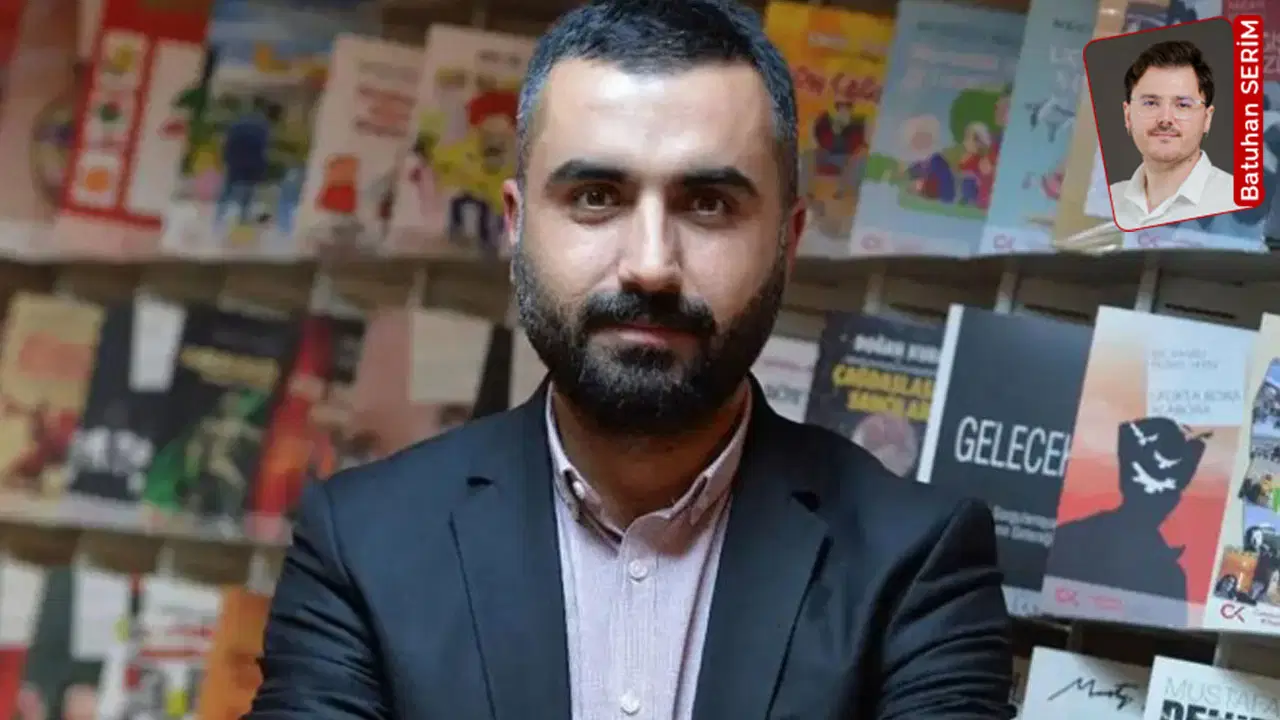Uğur Mumcu, a prominent name in the annals of Turkish press history and a prolific contributor to our newspaper, fell victim to a fatal bombing on January 24, 1993. A bomb planted in his car in front of his home on Karlı Street in Ankara ended his life. While some individuals involved in the conspiracy behind Uğur Mumcu's assassination were apprehended and tried, the masterminds behind the attack remain undisclosed until today.
WHO WAS UĞUR MUMCU?
Uğur Mumcu was born on August 22, 1942, in Kırşehir, the third of four siblings. His parents were Nadire Mumcu and Tapu Hakkı Şinasi Bey. After attending Ankara Devrim Primary School for primary education and Ankara Bahçelievler Trial High School for secondary education, Mumcu graduated from Ankara University Faculty of Law in 1965. During his student years, he earned the Yunus Nadi Award for his article "Turkish Socialism," published in Cumhuriyet on August 26, 1962. In 1963, he was elected president of the student association at the faculty. Between 1969 and 1972, he worked as an assistant to Professor Tahsin Bekir Balta, specializing in Administrative Law at Ankara University Faculty of Law. During the March 12 period, while preparing for his military service, detained for the words he used in an article, leading to his confinement in Mamak Military Prison for nearly a year. Subsequently, he convicted to 7 years in prison. However, this decision was later overturned by the Court of Cassation and Mumcu was released. Following these events, he completed his military service in Ağrı Patnos.
After writing for Yeni Ortam newspaper, Uğur Mumcu began contributing regularly with his column "Observation" in Cumhuriyet in 1975. He also worked with the Anka Agency. In March 1975, he compiled a book of his articles titled "Criminals and the Powerful." In the same year, alongside Altan Öymen, he co-authored "Furniture File," shedding light on the fictitious furniture exports involving Süleyman Demirel's nephew, Yahya Demirel.
In 1976, Mumcu married Güldal Homan and later became a father to a son named Özgür and a daughter named Özge. From 1977 onwards, he exclusively wrote for Cumhuriyet and became a regular columnist for the newspaper. He consistently contributed to his column "Gözlem" (Observation) until November 1991. In 1977, his books "Sakıncalı Piyade" (Discriminated Infantry) and "Bir Pulsuz Dilekçe" (A Stampless Petition) were published. The following year, he collaborated with Rutkay Aziz to adapt "Sakıncalı Piyade" for the theater, performing it 700 times at the Ankara Art Theater. In 1978, his book "Bizim Yaşlılar" (Our Elders), humorously narrating the life stories and political backgrounds of celebrities, was published.
In 1979, in response to the escalating terrorist incidents in Turkey, he authored "Çıkmaz Sokak" (Dead End Street), reflecting the experiences of young leaders before and after the March 12 period in their own words. The book emphasized that armed actions would lead to no progress. In 1982, he published "Ağca Dosyası" (The Ağca File), followed by a collection of articles named "Tersine Özgürlük" (Freedom Upside Down). In 1983, he conducted an interview with Ağca while he was in prison. In 1984, he contributed to the preparation the "Intellectuals Petition," submitted to the Presidency of the Republic and Parliament by a group led by Aziz Nesin. The signatories, including Mumcu, faced a lawsuit accusing them of "treason" filed by Kenan Evren. During the same year, Mumcu wrote the play "Zahmet Olmasa Gerek" (If It Weren't for the Trouble), depicting the torture endured by intellectuals during the September 12 period, and published the book "Papa-Mafya-Ağca."
In 1987, his investigative journalism books "Rabıta" and "12 Eylül" (September 12) garnered widespread acclaim. In addition, in 1991, he published one of his most significant works, "Kürt-İslam Ayaklanması 1919-1925" (Kurdish-Islamic Uprising 1919-1925). In 1991, he left Cumhuriyet together with İlhan Selçuk and approximately eighty other employees because of differences. Following a change in management at Cumhuriyet, he returned to the newspaper on May 7, 1992, after briefly writing for Milliyet newspaper from February 1 to May 3, 1992.
THE ARTICLE THAT LED TO HIS ASSASSINATION
On January 7, 1993, Mumcu penned an article titled "Mossad ve Barzani" (Mossad and Barzani). In this piece, he questioned the presence of the CIA and Mossad among the Kurds, posing inquiries such as, "If the Kurds are fighting for independence against colonialism, what are the CIA and Mossad doing among the Kurds?" Just sixteen days before his tragic assassination, he wrote "Ültimatom" (Ultimatum) in Cumhuriyet on January 8, 1993, proclaiming his intention to expose the links between intelligence organizations and Kurdish nationalists in his upcoming book.
Ugur Mumcu's life ended abruptly on January 24, 1993, when a bomb placed in his car detonated outside his residence on Karlı Street in Ankara. Various groups, including the Islamic Movement, IBDA-C, and Hezbollah, claimed responsibility for the assassination. Allegations also implicated Mossad and the counter-guerrilla unit. Yet, the identities of those behind the act remain elusive.
MUMCU'S PERSPECTIVE ON JOURNALISM
Uğur Mumcu, a figure renowned not only in Turkey but also globally, grounded his approach to journalism not only in knowledge but also in ethics. He succinctly defined journalism as follows:
"A journalist is an individual who promptly accesses news and information sources, then conveys the gleaned facts to the readers. To fulfill this duty, a journalist must craft articles rooted in news, events, facts, documents, and information. This necessitates being a trustworthy figure. A journalist is someone who maintains confidentiality, understands how to safeguard the source of news and information, and is ready to challenge governments and centers of power when necessary." (Milliyet, May 3, 1992)
BOOKS OF UGUR MUMCU
- Furniture File (Mobilya Dosyası, 1975)
- Criminals and the Powerful (Suçlular ve Güçlüler, 1975)
- Discriminated Infantry (Sakıncalı Piyade, 1977)
- A Stampless Petition (Bir Pulsuz Dilekçe, 1977)
- Our Elders (Büyüklerimiz, 1978)
- Dead End Street (Çıkmaz Sokak, 1979)
- Rabıta (Rabıta, 1979)
- The Rifle Was Invented (Tüfek İcad Oldu, 1980)
- Arms Trafficking and Terror (Silah Kaçakçılığı ve Terör, 1981)
- The Word is in the House (Söz Meclisten İçeri , 1981)
- The Agca File (Ağca Dosyası, 1982)
- Freedom Without Terror (Terörsüz Özgürlük , 1982)
- The Pope-Mafia-Agca (Papa-Mafya-Ağca, 1984)
- Without Prejudice (Sakıncasız , 1984)
- Revolutionary and Democrat (Devrimci ve Demokrat , 1985)
- Liberal Farm (Liberal Çiftlik, 1985)
- Interview with Aybar (Aybar ile Söyleşi, 1986)
- September 12 Justice (12 Eylül Adaleti, 1987)
- Revolution Letters (İnkılap Mektupları, 1987)
- A Long Walk (Bir Uzun Yürüyüş, 1988)
- Cult-Politics-Trade (Tarikat-Siyaset-Ticaret, 1988)
- The Witches' Cauldron of the 40s (40'ların Cadı Kazanı, 1990)
- Kâzım Karabekir Tells (Kâzım Karabekir Anlatıyor, 1990)
- Kurdish Islamic Uprising 1919-1925 (Kürt İslam Ayaklanması 1919-1925, 1991)
- Assassination of Gazi Pasha (Gazi Paşa'ya Suikast, 1992)
- The Kurdish File (Kürt Dosyası, 1993)
- Democracy of Killers (Katiller Demokrasisi, 1997)
- Diary of the Hidden State "Çatlı etc." (Saklı Devletin Güncesi ''Çatlı vs. , 1997)
- Journalism (Gazetecilik, 1998)
- Polemics (Polemikler, 1998)
- Wake up Gazi Kemal (Uyan Gazi Kemal, 1998)
- Will This Order Go On Like This? (Bu Düzen Böyle mi Gidecek?, 1999)
- Where to Begin (Söze Nereden Başlasam, 1999)
- The Bomb Case and the Drug File (Bomba Davası ve İlaç Davası, 2000)
- Let's Not Forget, Let's Not Forget (Unutmayalım, Unutturmayalım, 2003)
- Without Bending (Eğilmeden Bükülmeden, 2004)
- Wildflowers (Kır Çiçekleri, 2004)
- Türk Memet on Duty (Türk Memet Nöbete, 2004)
- Time in Friendly Faces (Dost Yüzlerde Zaman, 2005)
- For the Children (Çocuklar İçin, 2009)
- They Want Us to Shut Up (İsterler ki Susalım, 2011)
- White Angel (Beyaz Melek, 2011)
SONGS COMPOSED ABOUT UĞUR MUMCU
- Uğur'lar Olsun - Selda Bağcan
- Yiğidim Aslanım - Zülfü Livaneli
UNFORGETTABLE WORDS OF UĞUR MUMCU
"I am an Ataturkist.... I am a republican... I am secular... I am anti-imperialist... I am in favor of a fully independent Turkey... I am a human rights defender... I am against terrorism... I am the enemy of bigots, thieves, profiteers and profiteers. Until yesterday morning, you could not refute anything I had researched and written. So shoot me, smash me, from every part of me, people like me will be born who will surpass me."
"Why don't graduates of imam-hatip high schools go to theology faculties and Islamic institutes, but they want to become district governors, governors, prosecutors, judges and officers? Who is planning this long-term educational and bureaucratic settlement project? "
"Children who join congregations and sects will become generals in 30 years and will revolt against the republic."
"In reality, freedom of conscience, in reality democracy occurs in a secular society. Because in an anti-secular society, the concepts considered sacred by religion are exploited every day for political purposes or for financial interests, as is the case in Turkey with the banking systems established in Turkey by Arab capital. This is exploitation. Mustafa Kemal introduced secularism in order to restore religion to its rightful place and to preserve it as a sacred feeling between God and his servant. So that it would not be an instrument of British imperialism, Arab capitulation and political exploitation. "
"One cannot have an opinion without knowledge."
"Is nationalism the literature of 'homeland, nation, Sakarya, blood, race, flag', or is it defending the interests and honor of the nation against everyone; that is, full independence? If it is nationalism to use the literature of 'homeland, nation, flag', i.e. nationalism, only to lull the masses to sleep, to deceive them, while the honor of the country is trampled underfoot, and in fact to use all these values only for one's own political or individual-class interests, what is the opposite of this?
"If we do not allow freedom to our political opponents, we are secret fascists."
"Injustice against one person is a crime against the whole society. Those who remain silent participate in these crimes against humanity."
"These innocent people are Jews, Arabs, Christians. There is no distinction between race or religion. They are human beings."
"One day roses will bloom on our graves, O my people, do not forget us... One day our voices will echo in the ears of all of you, O my people, do not forget us..."
"Mothers and fathers did not raise their children to be killed in the streets by bandit gangs. One day they will be held to account. One day we will see those who bully from their state seats in the dock."











